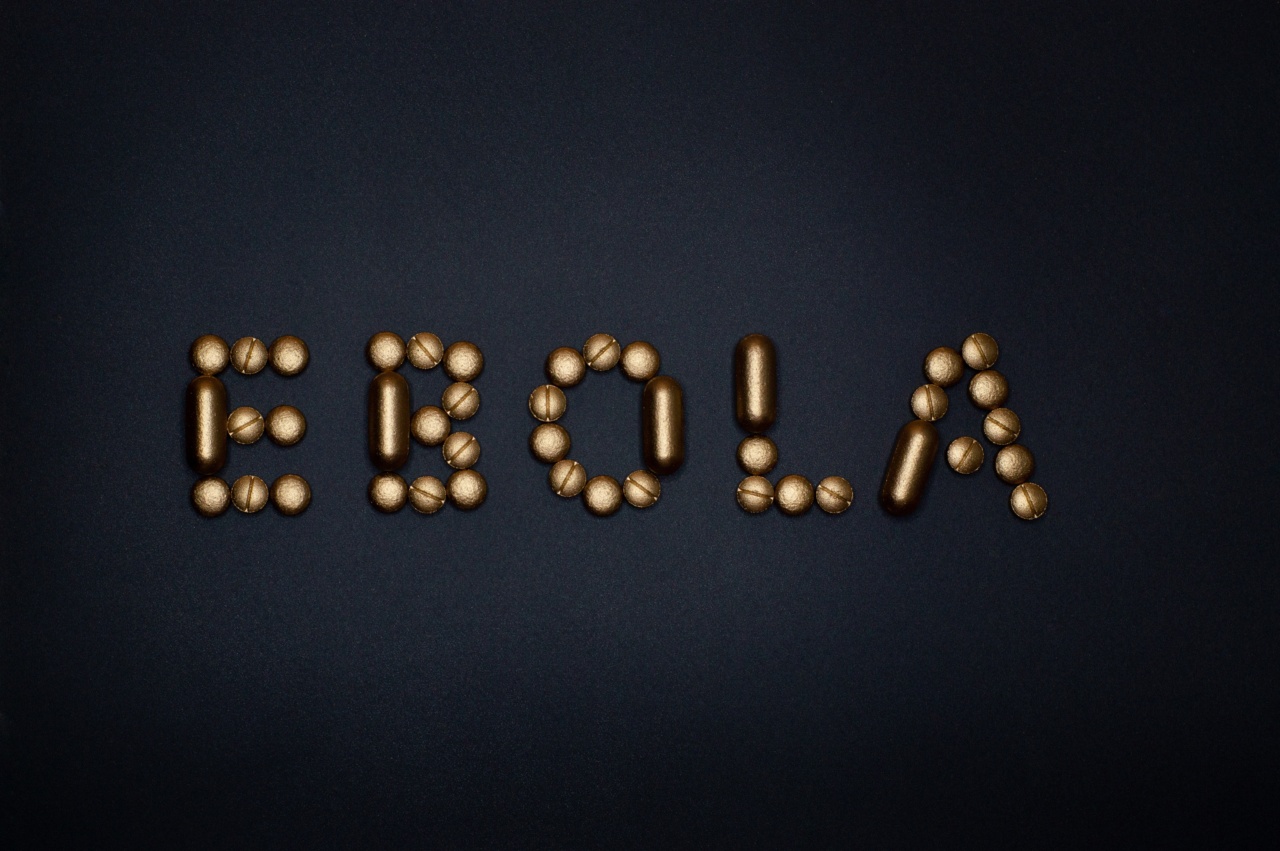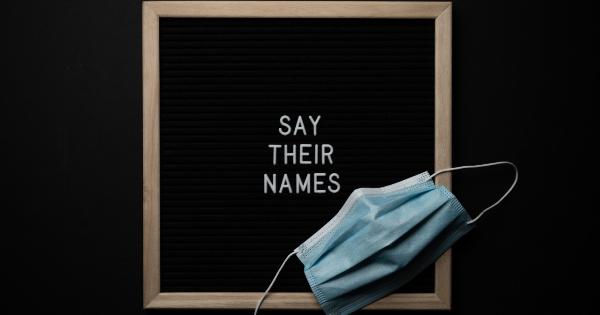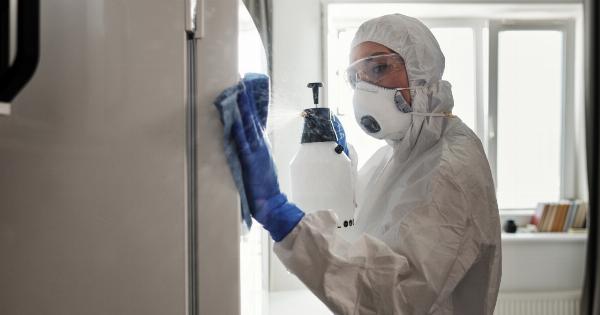Ebola virus is a highly contagious and deadly virus that has killed thousands of people in the past. The virus is transmitted from animals to humans, and then from humans to humans through contact with bodily fluids.
What Kills Ebola Virus?
While there is currently no vaccine or cure for Ebola virus, there are measures that can be taken to help prevent the spread of the virus and to kill it once it has infected someone.
1. Bleach
Bleach is a powerful disinfectant that has been shown to be effective in killing Ebola virus.
To use bleach as a disinfectant, mix one part bleach with nine parts water and use this solution to clean surfaces and objects that may have come into contact with bodily fluids.
2. Soap and Water
Soap and water can be used to clean hands and any other part of the body that has come into contact with bodily fluids. This is a simple, yet effective way of preventing the spread of the virus.
3. Alcohol-Based Hand Sanitizer
Alcohol-based hand sanitizers are effective in killing Ebola virus on your skin. Use hand sanitizer if soap and water are not available.
4. Ultraviolet Light
Ultraviolet light has been shown to be effective in killing Ebola virus. This can be used in hospitals to disinfect medical equipment and surfaces.
5. Hydrogen Peroxide
Hydrogen peroxide is another disinfectant that can be used to kill Ebola virus. It is effective in killing the virus on surfaces and objects.
6. Sodium Hypochlorite
Sodium hypochlorite, also known as chlorine bleach, has been shown to be effective in killing Ebola virus. It can be used to disinfect surfaces and objects.
7. Electron Microscopy
Electron microscopy can be used to visualize the Ebola virus and to understand its structure and how it infects cells. This knowledge can then be used to develop treatments and vaccines.
8. Quarantine
Quarantine is a way of isolating people who have been infected with Ebola virus to prevent the spread of the disease. This is an effective way of stopping the spread of the virus and is used in outbreaks to contain the disease.
9. Experimental Treatments
There are currently experimental treatments for Ebola virus that are being tested in clinical trials. These treatments include vaccines and medications that target the virus directly.
10. Personal Protective Equipment
Personal protective equipment (PPE), such as gloves and masks, can be used to prevent the spread of Ebola virus. PPE is used by healthcare workers who are in contact with patients who have been infected with the virus.
Conclusion:
While there is currently no cure or vaccine for Ebola virus, there are measures that can be taken to prevent its spread and to kill the virus. These include disinfectants, soap and water, quarantine, and personal protective equipment.
Researchers are also working on developing vaccines and treatments that target the virus directly.






























